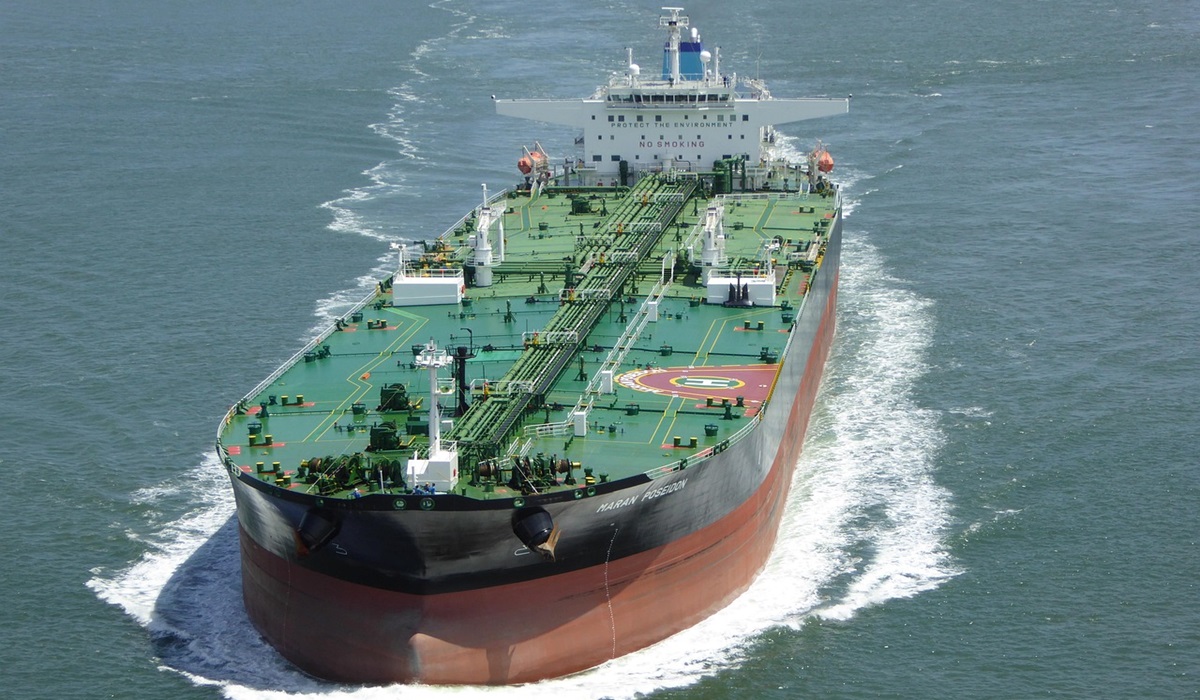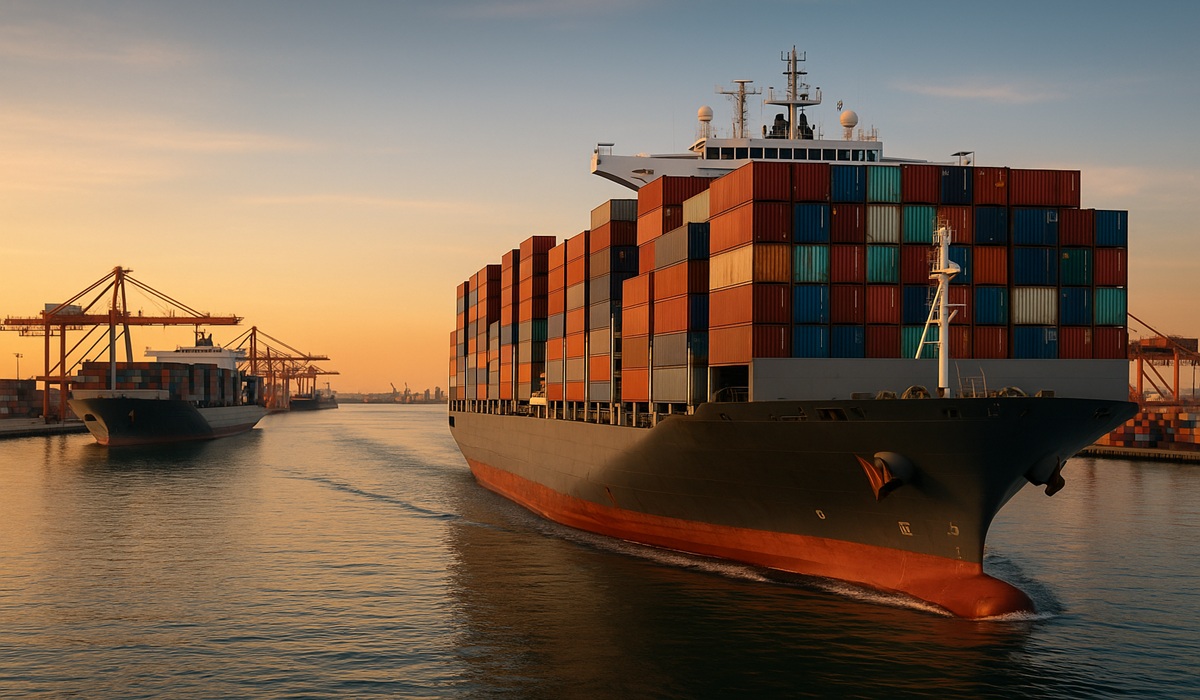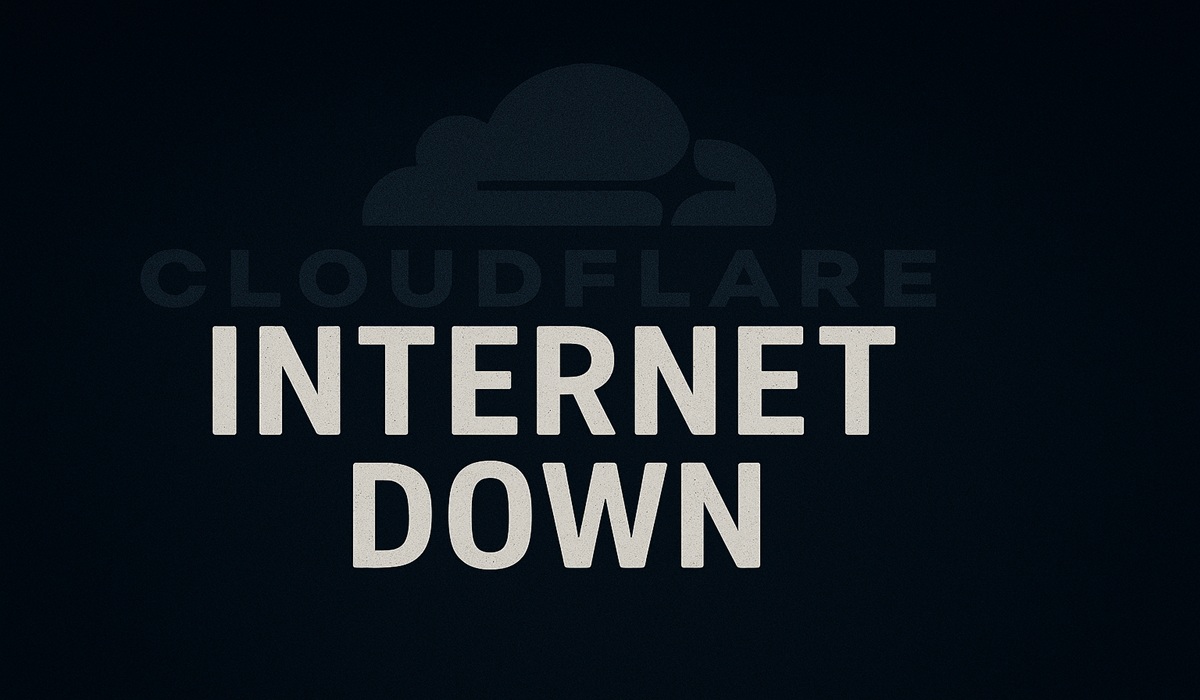U.S. Strikes on Iran Spark Strait of Hormuz Crisis: Major Blow to Global Oil Flows and the American Economy
- Xuemei Pal
- Breaking News
- June 22, 2025

Gerhard Traschütz
The United States has crossed a dangerous threshold. In a brazen military move carried out without Congressional approval, American forces struck key Iranian nuclear sites—fulfilling a long-standing Israeli objective, but igniting a firestorm the U.S. economy is ill-prepared to handle. Iran’s response was swift and strategic: it has initiated the closure of the Strait of Hormuz, the world’s most critical maritime artery for oil and gas. The global economy is now on edge, and Americans are staring down the barrel of a cost-of-living explosion that could alter life as they know it.
The Strait of Hormuz isn’t just important—it’s indispensable. Every day, an average of 17 million barrels of crude oil pass through this narrow channel—roughly 1 in every 5 barrels consumed globally. It’s the main exit point for oil from Saudi Arabia, Iraq, Kuwait, the UAE, and Qatar, and it also handles a third of the world’s liquefied natural gas (LNG). Shut this down, even partially, and you’re not just talking about delayed shipments—you’re talking about global economic paralysis.
Within 24 hours of Iran’s announcement, oil futures surged to over $110 per barrel, and financial markets began to panic. Tanker insurance rates in the Persian Gulf tripled, some shipping routes were suspended altogether, and European energy prices spiked. But the biggest fallout isn’t happening overseas—it’s happening at the gas pumps in North America.
In cities across the U.S., prices are already climbing by the hour. Some states are reporting $5.50 per gallon, and projections suggest we could reach $8 or higher if the strait remains blocked for a sustained period. This isn’t a temporary squeeze. It’s a long-term shock. Every product that depends on trucking, shipping, or air freight is about to get more expensive—from meat and milk to medicine and smartphones.
This isn’t a theoretical threat—it’s material, measurable, and already underway. Logistics companies are adding fuel surcharges. Airlines are hiking fares. Farmers are seeing a sharp rise in fertilizer and diesel costs. And with the Federal Reserve caught between the rock of inflation and the hard place of interest rate rigidity, there are no easy levers left to pull. The economy may soon grind under the weight of inflation that isn’t tied to spending, but to scarcity and disruption.
But this crisis isn’t just economic—it’s political. The American people were never consulted. Congress never approved this military engagement. There was no public debate. One minute, the U.S. was dealing with domestic economic woes and sluggish recovery; the next, it was executing airstrikes that detonated global oil security.
And for what? The strikes don’t eliminate Iran’s nuclear ambitions. They only provoke retaliation, isolate Washington from its European allies, and hand China and Russia an opportunity to portray themselves as stabilizing counterweights. Iran, meanwhile, holds the trump card—it can shut down the world’s oil supply with a few missiles and some speedboats. And it has made it clear: as long as it faces military aggression, it’s willing to use that leverage.
If the Strait of Hormuz remains closed, the global economy could contract sharply. Supply chains will reroute inefficiently, with longer, more costly journeys around Africa. Insurance premiums for vessels could reach untenable levels. Asian economies that depend on Gulf oil—like Japan, South Korea, and India—may be forced into emergency rationing or tap strategic reserves. Emerging economies, particularly in Africa and Latin America, may fall into energy crises, with blackouts and inflation-fueled unrest.
Back home, the American middle class—already strained by years of wage stagnation and inflation—will be left gasping. The cost of commuting will rise. Utility bills will soar. Food prices, which are directly linked to oil via transportation and production, will climb again. And with interest rates still elevated, there’s little room for stimulus or relief.
This wasn’t inevitable. The U.S. could have sought international consensus. It could have restrained its response. It could have acknowledged that serving Israel’s military agenda doesn’t always align with America’s national interest. Instead, Washington chose escalation, and now Americans are footing the bill in dollars, credibility, and stability.
The Strait of Hormuz may be physically narrow, but the fallout from its closure is wide. And the strike that set it off was a calculated gamble—one that has plunged the world economy into turmoil and shattered the illusion that foreign wars can be contained. When fuel becomes a luxury and groceries come with sticker shock, Americans won’t need to ask whether this war was worth it. They’ll already know the answer.








